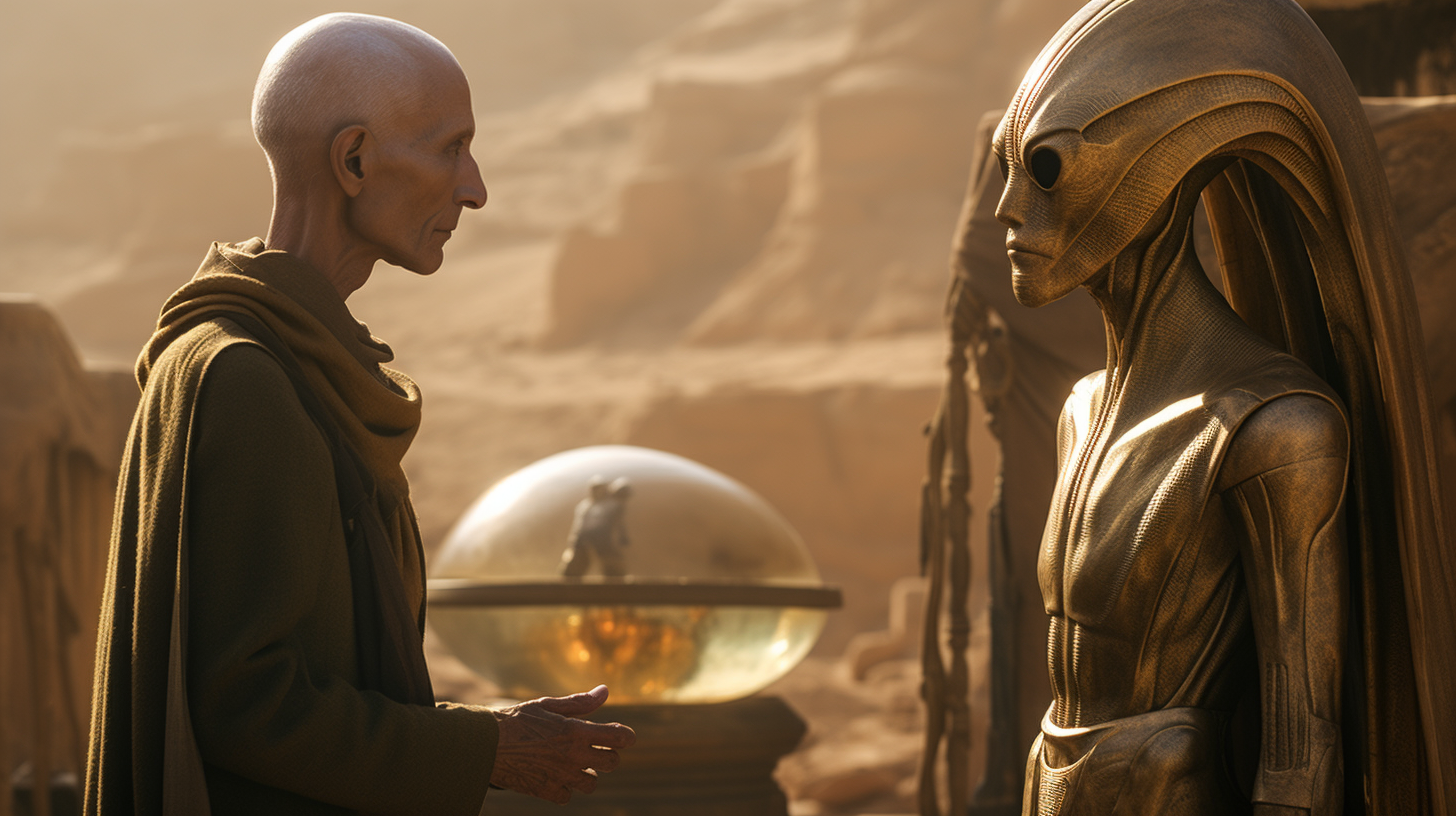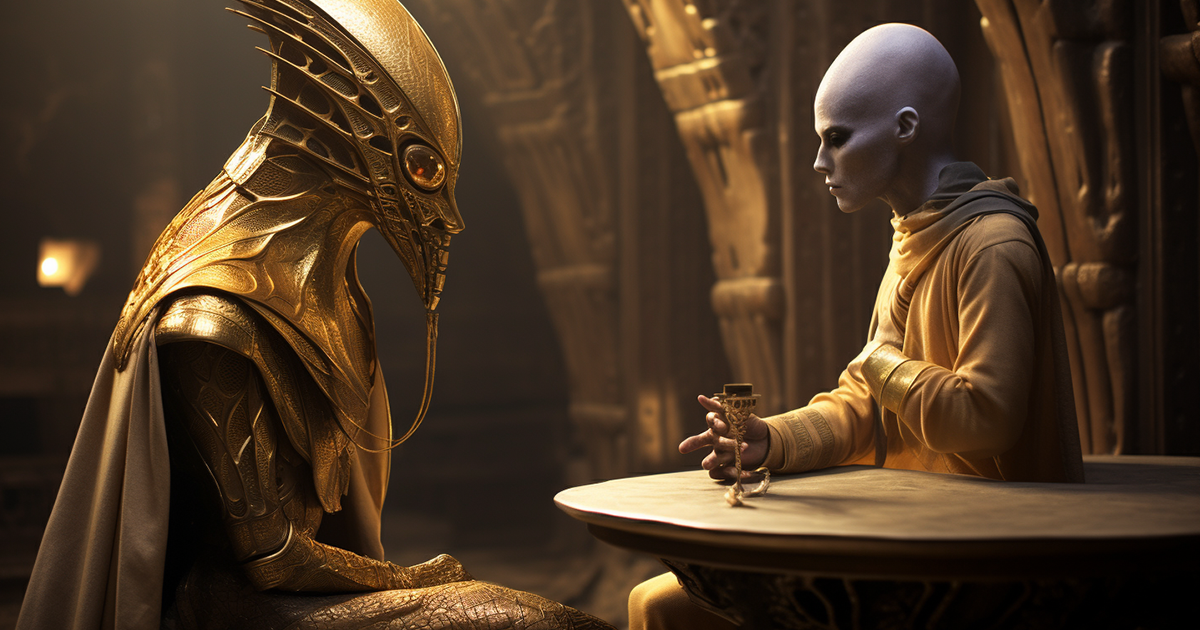The mystery enveloping our origins has fascinated both science and religion for ages. While science employs the scientific method to gather evidence, religion takes a different path by pondering the existence of a divine being in its quest for answers. Despite their divergent approaches, these realms eventually converge in the quest for truth.
In a groundbreaking discovery back in 2013, scientists at the University of Tubigan unveiled their successful decoding and sequencing of DNA retrieved from ancient Egyptian mummies. The exceptional preservation of DNA in these mummified remains ignited intriguing possibilities. Could technological advancements one day lead to the revival of individuals from the past? While the process may pose significant challenges, its potential remains undeniable. The idea of resurrection resonates deeply in various religions, often intertwined with beliefs in events like the Rapture, Day of Judgment, or Apocalypse.
The awaited return of deities or divine beings, as foretold in ancient religious texts, raises questions about whether these prophecies could align with a future where humanity unravels the enigma of resurrection. Could the apocalyptic scenarios described in these scriptures signify an era where humans attain the ability to move between physical and spiritual realms? Some ancient astronaut theorists suggest that extraterrestrial beings might have enlightened humanity on transcending their physical forms into a celestial state.

A fascinating connection is theorized between extraterrestrial beings, angels, and near-death experiences, hinting at a future where the barrier between realities could fade, allowing direct transitions between the realms of the living and the afterlife. Rather than instilling fear, this concept could evoke joy, suggesting that we are not alone in this journey and that otherworldly beings might guide us along our path.
The pursuit to unravel the timeless question of our origins reveals a deep intersection of science and religion. While science relies on the scientific method and religion rests on faith in a divine entity, both share the common aim of pursuing truth. Key moments like the Big Bang act as the meeting ground for these parallel exploratory journeys.
Reincarnation, a belief embraced by over 1.5 billion people worldwide, adds complexity to the search for meaning. Eastern philosophies and the kabbalistic aspect of Judaism embrace the idea of souls undergoing multiple rebirths to fulfill specific purposes. In contrast, early Christian views on reincarnation were later labeled heretical, leading to the belief in an ultimate destination – heaven or hell – based on one’s earthly actions.
Visionaries such as Socrates, Pythagoras, and Plato from ancient Greece contemplated reincarnation, with Plato expressing optimism in the continuity of life beyond death. The belief in reincarnation extends beyond Earth; some envision it transcending planetary boundaries, permeating the vast expanse of the universe.
The Book of Enoch, a revered text in various faiths, contains prophecies hinting at the return of a divine figure to Earth after eons. This theme of divine entities making a comeback resonates in multiple religions such as Christianity, Islam, and Hinduism, symbolizing a new beginning and a rekindled connection with the divine.
Could these sacred religious texts hide cryptic messages about extraterrestrial involvement on Earth? Do these prophecies prepare humanity for a future where we embrace a profound new reality bridging the gap between science and religion, unraveling the ultimate truth of our existence? As we continue to explore the mysteries surrounding our origins, the lines between these two realms of thought may blur, revealing a deeper understanding of our cosmic position.
